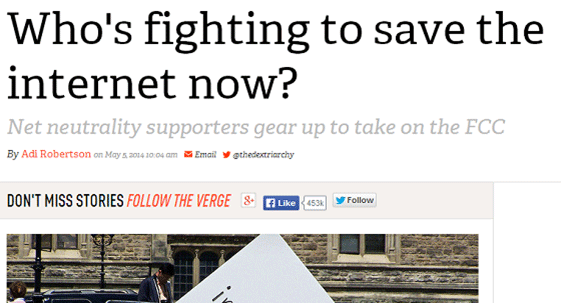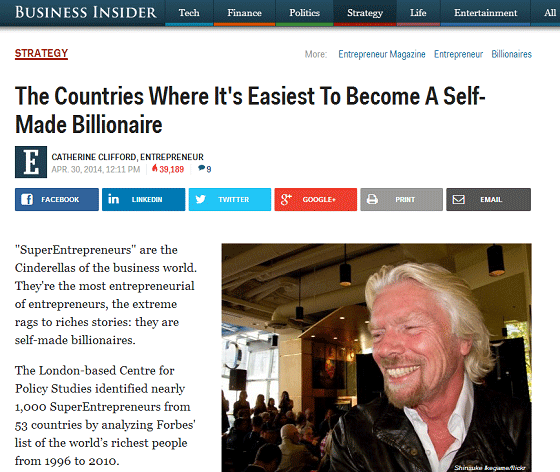Headline Psychology: 8 Tricks to Attract User Attention of steemian

Why do other people’s posts get clicks in the hundreds while your excellent innovative studies stay persistently underrated? You may be missing one of the most powerful user attractions of all – an engaging headline.
In this article, you’ll find 8 elements that will make your headlines winners, and you’ll learn exactly why they are such effective tricks in terms of human psychology.
Here we go!
- Surprise
Surprises in headlines work because human brains like novelty. Compared to expected pleasant events,
unpredicted pleasant things “turn on” the pleasure centers in our brains even more. Thus, surprises prove to be far more stimulating and grab our attention much quicker than things we know well and even really like. This explains why people can subconsciously prefer an unexpected experience over something they want.
Here are examples of headlines that include the element of surprise:
“Where’s our money?” isn’t something we expect to hear from Windows Mobile developers.
 2. Questions
2. Questions
Questions that prime our curiosity are powerful brain influencers. Whereas, if we already know from the headline what we are getting next, our curiosity may be over before it begins.
The best questions are about something readers can relate to or want to know about.
Curiosity
There’s a psychological phenomenon you can use effectively called the curiosity gap , which is the gap between something a person knows and something he or she wants to know. People start to feel a kind of deprivation when they notice a gap in their knowledge.
It’s possible to provoke that feeling by providing just a bit of information. Once a person knows a little, they will want to find out more and fill in the missing information so they can feel better. With this in mind, try to “prime the pump” by giving readers some intriguing (though incomplete) information in your headline, telling them enough to spark their curiosity but not so much that you give your story away.
The following headlines provoke readers’ curiosity just righ “A billionaire” sounds like everyone’s dream while “self-made” suggests it’s easy to bring to life. Are you curious yet?
“A billionaire” sounds like everyone’s dream while “self-made” suggests it’s easy to bring to life. Are you curious yet?Negatives
Everyone knows that superlatives like “best,” “greatest,” and “biggest” are effective in headlines, but sometimes negative superlatives such as “worst” are even more powerful. Possibly, this is because negatives are unexpected compared with positives and, thus, cause surprise.
Besides, negatives are powerful for tapping into people’s insecurities. Using words like “don’t,” “stop,” and “avoid” often work well since everyone wants to know if there’s anything they should stop doing.
Look at how negatives work in these headlines:![8-5-product-design-mistakes.png](,
avoiding doing something is always easier than doing it, isn’t it? Besides, these mistakes may really mess things up… Gotta read it now!
Please,Comment and upvote If u love to get more ..